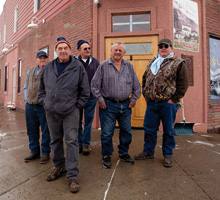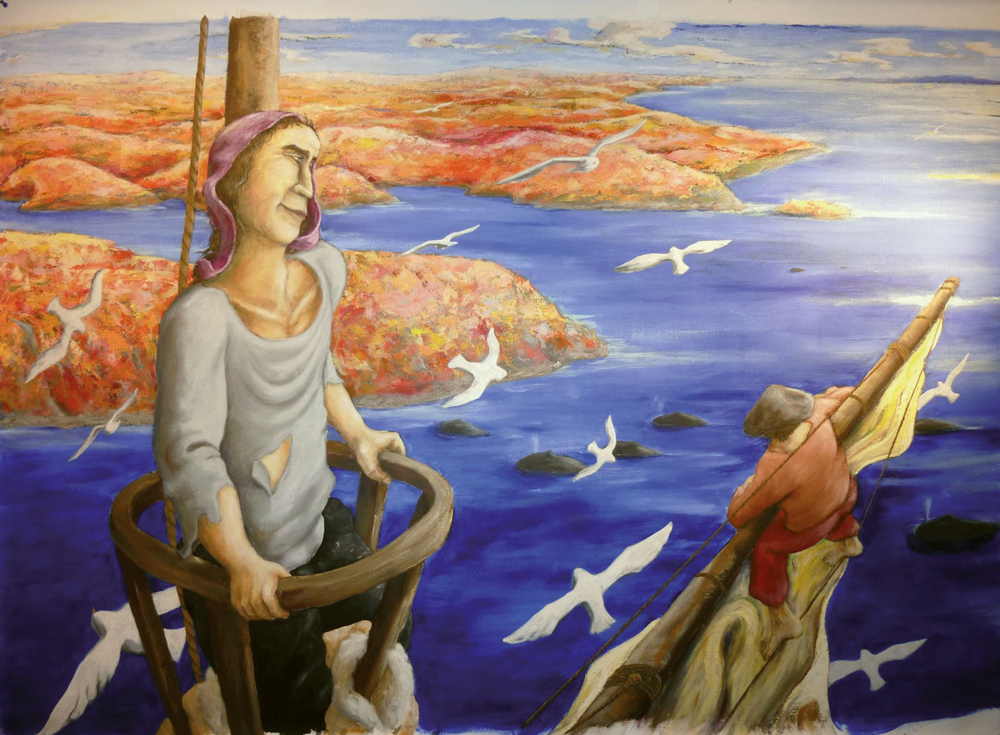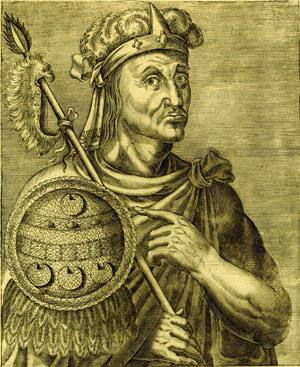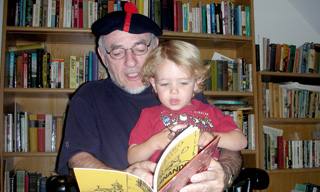The last Basque shepherds of Nevada
- The documentary Americanuak talks about the struggle to lead a dignified life in a foreign country and to feel part of a community, in the words of its authors. Bitter and melancholy, even with humor, he focuses on the history that is known to us in the Basque diaspora, of those who went to pastors with the intention of making money and ended up staying there.

But the life of a pastor is nothing. One of the interviewees spent sixteen years on the mountain, a single animal company. “How many left their lives on the mountain! How many of them ended up crazy... He remembers the years between the sheep sadly. The same goes for the lesbian protagonists, thinking about the hardness of the work and the isolation and loneliness in the mountains. On the other hand, many recognize that the best years of life have been those given instead of pastors.Better or worse, everyone has lived the experience in their own way, and all this is evoked in the lively but nostalgic bar of Elko, between sips, card games, laughter and conversations: the comeries of the Navarrese and the Biscayans at the beginning of their understanding of the dialect, the love and sex stories of the time, the characteristics of being
a good shepherd... Previously Elko was a living village, full of Basques, but shepherding is a world that is about to disappear, and there are no Basque shepherds and now Peruvians. One of the interviewees is afraid because he does not believe that his children will take up the pastor business maintained for years, “and it is much more than money invested there, I have the heart to invest.”
Snow to the mara
Elko is the distant shadow of who he was. It has a casino, bowling, bars –Basque nominees, several– but it has lost the light and splendor of the opulent seasons. The documentary shows us the semi-empty streets, the quiet life, the snowy landscape, the hits and the cold. The gloomy environment adds to the harsh lifestyle of the protagonists, the nostalgia that daily worries and responsibilities cannot hide. It is not a sad film, the protagonists respond with humor in numerous passages, but we notice that life in its raw is not easy to the words and silences of the narrators, and the result is melancholy.
The documentary’s author Gorka Bilbao, from Guernica, and Nacho Reig, from Teruel, Spain, have invented it with tone. The soundtrack created for the film by the Biscayan musical group Audience has also contributed to this. Gorka Bilbao’s grandfather had been pastor in the United States for fifteen years, and that was the germ of this project. In collaboration with the production company Producciones Verde, they visited Elko for five weeks and thus embodied the documentary Americanuak, premiered at this year’s edition of the San Sebastian Film Festival.A
neat portrait of the inhabitants of Elko has been executed in 91 minutes, ideal to discover how part of the Basque diaspora has adapted to the Western Americas, as a witness of the lifestyle that is being lost.
Bilboko Itsasadarra Itsas Museoa Ibaizabal ertzean dago, ezkerraldean hain justu, behinola Euskalduna ontziolarenak izandako eremuetan. Bertatik bertara du »harekin horma bat partekatzen du, izan ere» Euskalduna Jauregia, XXI. mendeko Bilboko ikurretako bat. Bertara... [+]
Berriki egin dioten omenaldia dela eta, egunkari guztietako orrietara egin du salto Jon Bilbaok, baina euskaltzaleentzat orain urte asko da ezaguna. Atea beti zabalik duen Getxoko baserri... [+]
During the 17th century, an adolescent runs away from the Dominican convent in Donostia because it feels like a prison. Going to America, the adolescent fights for the king of Spain and oppresses the local people; spends decades shaking a sword around in the New World. No, it is... [+]
Tenochtitlán, current Mexico City, June 29, 1520. Aztek's emperor, Moctezuma II, died, possibly, from a stone in his head, or wounded by the sword or arrow by the Aztecs or perhaps by conquerors.
Until the time of death comes a historiography, more or less. Since the entry of... [+]
"Kaguen el kinto zentenario pegatinak 1992an ezagutu dituztenek badakite inguru hauetan ez diegula inongo zilegitasunik aitortzen konkistatzaileei, hastio ditugula guztiak. Beno, guztiak... nola gerta. Hiru konkista, hiruak garai bertsukoak, eta halere eta salbuespenak... [+]
1085. urtean, Gilermo Konkistatzaileak Domesday Book (Azken Judizioaren Liburua) delakoa osatzeko mandatua eman zuen. Ingalaterran egindako aurreneko errolda bildu zuen liburuak eta herrialde hartako altxorrik preziatuenetakoa da, duen balio historiko handiagatik. Orain, 920... [+]






















